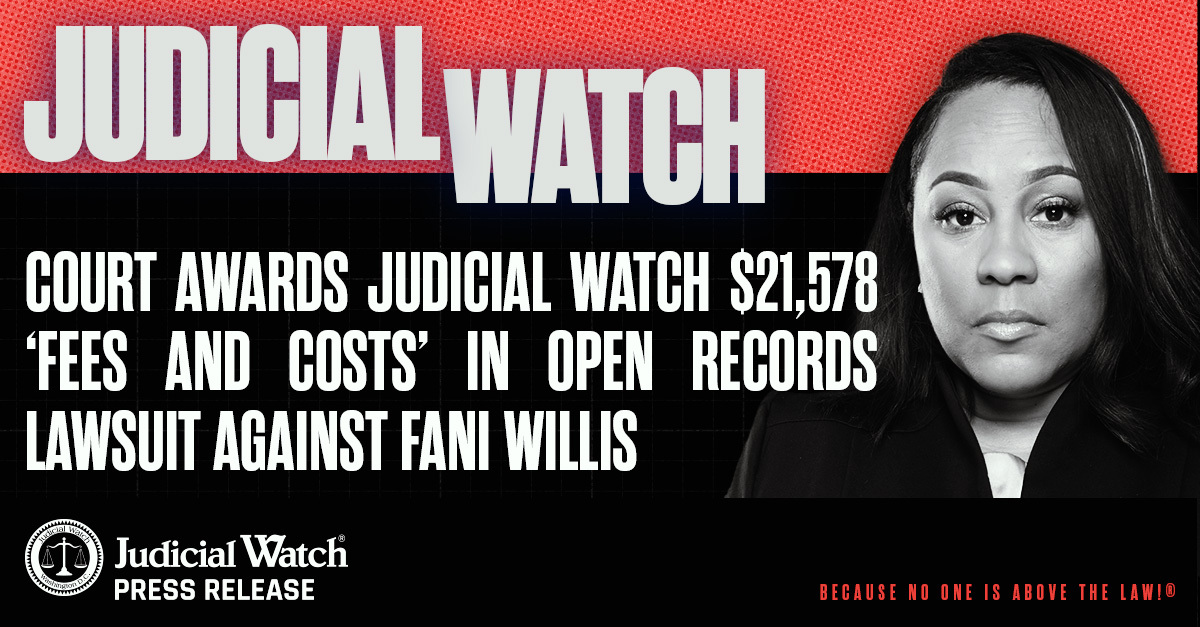

Swamp Rules, Part II: New York’s LLC Loophole


Last week, we looked at federal efforts to combat money laundering by changing “beneficial owner” laws for various types of legal shell companies, including limited liability companies, LLCs. New York LLCs have the same transparency problems as other states–the true owners, the “beneficial owners,” are hidden behind corporate curtains.
But New York’s campaign-finance laws put a different spin on the LLC shell game, enabling millions in masked donations to pour into state races. The chief beneficiary of LLC donations? New York Governor Andrew Cuomo.
Irony is a stranger to the governor. He has repeatedly called on the state legislature to close the LLC loophole, but has taken in more than $17 million in LLC donations since becoming governor.
Cuomo has relied on New York’s Republican-controlled Senate to block any real reform. But that changed in November, when Democrats seized control of both houses of the state legislature.
With corruption a rising concern for New York voters, Albany’s LLC loophole is getting renewed attention. Will Cuomo keep his word and close it? Or will the prospect of giving up all that money cause lawmakers’ hearts to grow faint?
Here’s how it works: in New York, an LLC is treated as a person, not a corporation. Corporate political donations are capped at $5,000 per year. But a person can donate up to $65,000 per year to every candidate for statewide office.
The numbers get bigger. In a comprehensive investigative study, the media group City Limits dissected the LLC conundrum. An LLC “can give for a general election race up to $44,000 to each candidate for governor, $11,000 to each candidate for state senate, $4,400 to every assembly hopeful and $109,600 to each party committee,” wrote executive editor Jarrett Murphy.
But, importantly–pay attention here–that’s only the limit for a single LLC. The “numbers get far bigger for companies that control dozens of them,” City Limits noted.
And that’s where the New York real-estate industry comes in. Real-estate interests are major players in New York politics. The LLC loophole is “the granddaddy of our biggest campaign finance and corruption problems,” Susan Lerner, the head of Common Cause New York, told City Limits, “because it allows the real-estate industry, in particular, to get around one of the few, effective limits in our campaign finance law, which is the corporate limit of $5,000.”
The first limited liability laws made a lot of sense and were particularly attractive to the real-estate industry. As the City Limits piece notes, taxes were low and the “ability to shield a larger pool of assets from a lawsuit related to one part of your business operation was obviously attractive: If you were a property owner with 100 buildings and a brick from Building 1 fell and hit someone in the head, would you rather a plaintiff sought damages from all the assets in your 100-building portfolio, or just from Building 1?” Real estate companies began creating LLCs for separate buildings in their portfolio.
The IRS weighed in, green-lighting the arrangement, and New York state cleared the deal. In a 1996 ruling, the New York Board of Elections deemed LLCs independent entities–not parts of a larger corporate structure–and able to donate as “persons.”
The gold rush was on. Since 1999, according to the City Limits study, LLCs have donated at least $188 million to political action committees, state parties, and individual candidates. PACs aligned with the real-estate industry have received the most money, $31 million.
Among individual candidates, Cuomo “stands head and shoulders above the rest,” City Limits notes, “with his total LLC haul greater than the next 13 candidates put together.”
It’s worth repeating that all of this is perfectly legal. But it is not transparent. And corruption creeps in.
LLCs have featured prominently in many New York public corruption trials. “The LLC loophole was a central issue in the corruption cases” against New York legislative leaders Dean Skelos and Sheldon Silver,” Common Cause has noted, and was featured in the recent corruption trial of Cuomo associate Joseph Percoco. Kudos to the team at City Limits and their project partner, the Investigative Fund, for putting the time, money and talent into an encyclopedic report on LLC influence. Now it’s up to the Governor Cuomo and the New York State legislature to fix the problem.
***
Micah Morrison is chief investigative reporter for Judicial Watch. Follow him on Twitter @micah_morrison. Tips: [email protected]
Investigative Bulletin is published by Judicial Watch. Reprints and media inquiries: [email protected]















